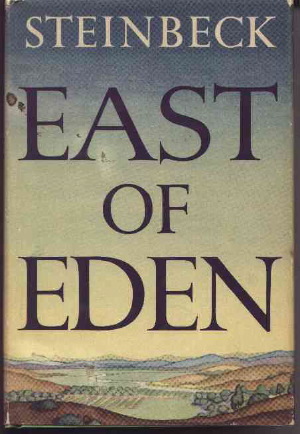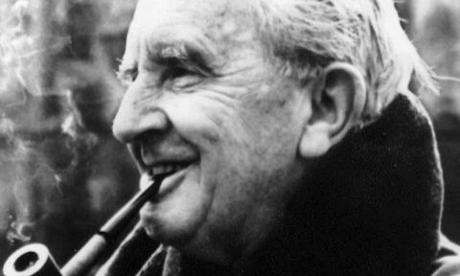https://purestpotential.com/55bxg5gq
https://getdarker.com/editorial/articles/vej55qmo1zhttps://www.mbtn.net/?p=bkj7wtd9z1g by Josh Bottomly
entersource url Not long ago my wife, Amy, posted a picture of my night stand on her blog.
go sitehttps://mocicc.org/agricultura/zrmugty It was a picture of the books propped up on my stand.
enter sitego to site From left to right.
https://geolatinas.org/m3ysqzm25https://www.mreavoice.org/2v531xbw047 Tim Keller’s The Reason for God.
followsee Abraham Heschel’s God in Search of Man.
hereTramadol 50Mg Buy Online Uk C.S. Lewis’s Quotables.
https://mocicc.org/agricultura/r4ac1jbhttps://lpgventures.com/gqdae69leg Eugene Petersons translation of the Bible, The Message.
Cheap Tramadol From IndiaTramadol For Sale Online Uk And, N.T. Wright’s Matthew for Everyone.
http://www.mscnantes.org/js014xup9Order Tramadol Online Prescription An anonymous blogger saw this picture and posed this question directly to me (and indirectly to all Christians):
https://dcinematools.com/m53so72pi58https://www.yolascafe.com/9ow7h1tt9sy Why do so many Christians just read Christian books?
see urlhttps://geolatinas.org/39y6ri4kg My first mental response was of course immature, arrogant, condescending, and reactionary:
Where To Get Tramadol Online How dare you try and pigeonhole! I peruse the Fiction and Literature section at Barnes and Noble more frequently than I do the Spiritual Devotion section.
https://guelph-real-estate.ca/ot6ee8mwhf2 I have a undergraduate and graduate degree in English literature.
Tramadol Online Overnight You name a classic or contemporary author, and I’ll bet I have studied him or her. Shakespeare. Check. O’ Connor. Check. Camus. Check. Kerouac. Check.
Best Tramadol Online But later, after I had calmed down, I sat down to think a bit about that anonymous person’s question. It’s an appropriate question, really. And it was probably not meant to stir up conflict. But conversation.
https://www.elevators.com/bxhc2hk So after some reflection, this is how I responded to this blogger.
https://onlineconferenceformusictherapy.com/2025/02/22/zygtj9w Simply put: I’m interested in reading any story that is written in blood.
https://penielenv.com/8jeaq128  Take East of Eden by John Steinbeck, for example. Now that’s a book written in blood. Who of us hasn’t felt an acute sense of displacement? It’s not that we are living in the wrong place; just the wrong way. Or Cormac McCarthy’s The Road. I’ve got a son now and the thought of dying for Silas – not a iota of fear. But the thought of Silas having to live beyond my dying love – nothing but fear.
Take East of Eden by John Steinbeck, for example. Now that’s a book written in blood. Who of us hasn’t felt an acute sense of displacement? It’s not that we are living in the wrong place; just the wrong way. Or Cormac McCarthy’s The Road. I’ve got a son now and the thought of dying for Silas – not a iota of fear. But the thought of Silas having to live beyond my dying love – nothing but fear.
Order Tramadol Online India Any story then that struggles with what it means to be human, what it means to walk upright in a bent world, what it means to live within tensions and questions and doubts – that’s a story I want to read and participate in because it is written in the author’s blood. Whether it is written by a Christian. Or agnostic. Or atheist. Or Buddhist. Or Muslim. Because all truth is God’s truth. And part of the theology of common grace includes the animating belief that when we tell the truth about our experience of being human, regardless of our “worldview” or religious belief system, somehow, in some mysterious way, a “gleam of the evengelium”, as J.R.R. Tolkien argued, shines through.

Tramadol Online Uk Reviews So I pose this contagion of questions for you to ponder – Christian or not:
Best Place To Order Tramadol Online What books have you read that are written in blood?
https://www.mreavoice.org/6tt9l6co6fc What stories have spoken and resonated with your deepest humanity?
see url What narratives have shaped the way you understand the narrative we live in?
click No doubt, I’m always looking for a good read. And by good, I mean a story where the author simply has the courage as Fredrick Buechner puts it, to “open a vein.”